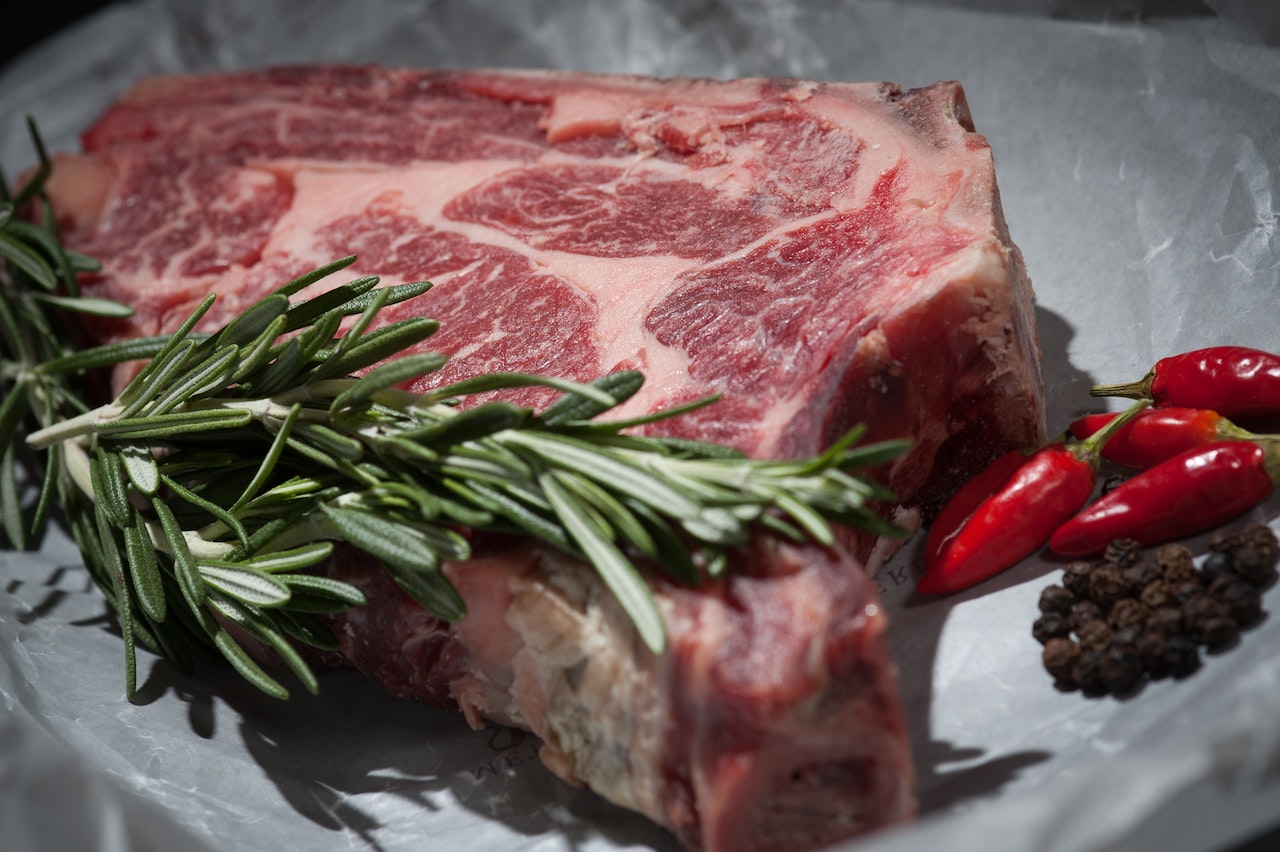Red meat is a rich source of many important nutrients. Here are some of the benefits and potential risks of consuming red meat:
Protein
Red meat is an excellent source of protein, which is essential for building and repairing tissues, and maintaining muscle mass.
Iron
Red meat is a rich source of heme iron, which is more easily absorbed by the body than non-heme iron found in plant-based foods. Iron is important for producing red blood cells and preventing anemia.
Vitamin B12
Red meat is a good source of vitamin B12, which is important for nerve function, DNA synthesis, and the production of red blood cells.
Zinc
Red meat is a good source of zinc, which is important for immune system function, wound healing, and cell growth and division.
Potential Risks:
Saturated Fat
Red meat is high in saturated fat, which can increase levels of LDL cholesterol in the blood and increase the risk of heart disease.
Processed Meat
Processed red meats such as bacon, sausage, and hot dogs contain preservatives and additives that have been linked to an increased risk of certain cancers, such as colorectal cancer.
Environmental Impact
Red meat production has a higher environmental impact compared to plant-based foods and can contribute to climate change.
It is recommended that red meat be consumed in moderation and that a variety of protein sources be included in the diet. Choosing lean cuts of meat and reducing processed meat consumption can help reduce the potential health risks associated with red meat consumption.

